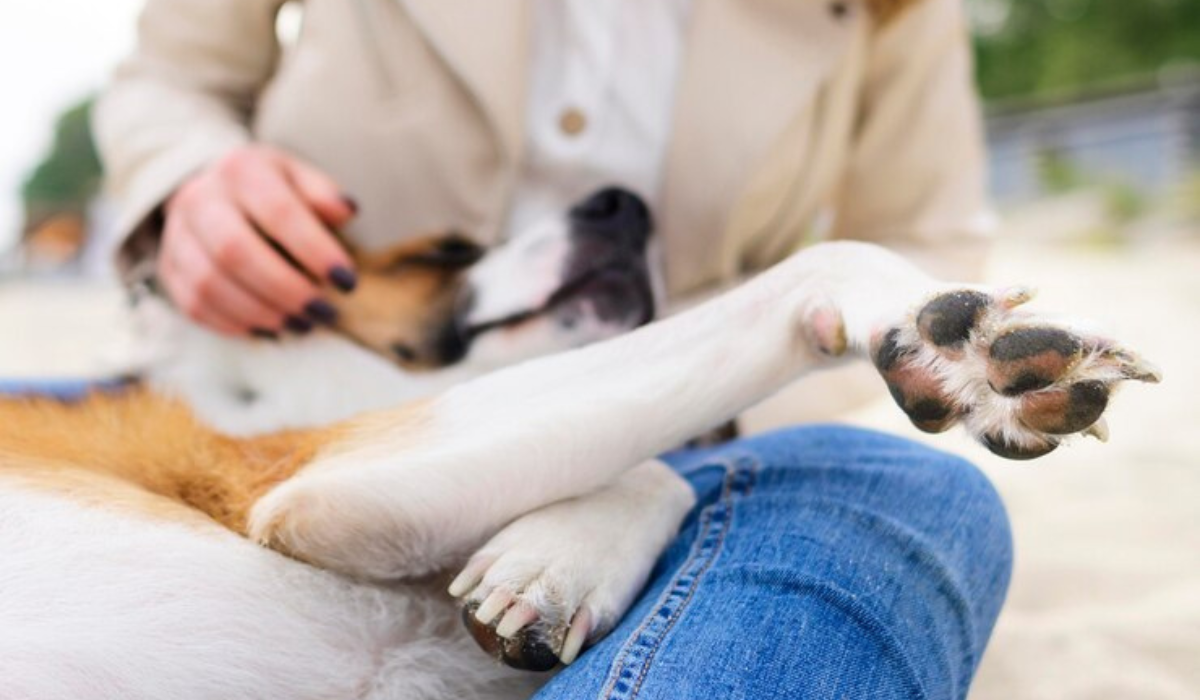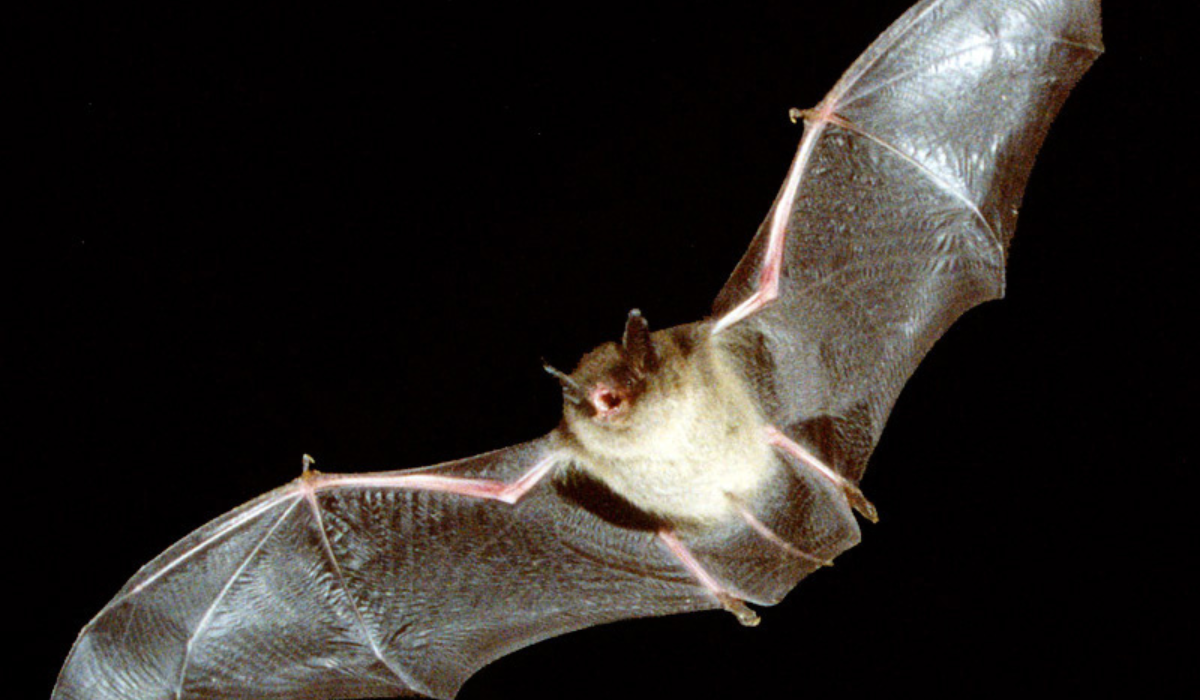Like other animals, cats need to sleep a lot in order to be healthy. It may seem that your cat is sleeping more than he or she is awake. Why do cats sleep a lot? What factors influence your cat’s sleeping habits and why? What you need to know about catnaps.
How many hours a day does a cat sleep?
Cats can sleep anywhere from 12-16 hours per day. For humans who require about seven hours of rest during adulthood, this may seem like a long time to spend snoozing. It’s not surprising, then, that cats spend a lot of time sleeping. Exploring and hunting are both energy-consuming. Cats are predators and need more sleep than humans to stay alert.
Sleeping time can vary depending on the cat’s age. Kittens, who are still growing, may need as much as 20 hours of sleep a day. Adult cats, on the other hand, need no more than 15 hours. Senior cats (at least 10 years of age) tend to sleep more than younger cats because they are less active.
Seven Reasons Cats Sleep
The amount of sleep a cat gets varies depending on the pet. Age, breed, diet and lifestyle all affect how much a cat sleeps. Cats who are not mentally stimulated often become sleepy and lethargic to fill the time.
There are many reasons why your cat may sleep so much.
Catnaps are taking place:
- Cats are said to take catnaps every 15-30 minutes. Your cat can rest his mind and body with catnaps without going to sleep. Catnaps enable felines to react quickly to threats in their surroundings.
You can conserve energy by:
- It’s only natural that cats would need to conserve their energy by sleeping more. They use a lot when they play, hunt, or explore. When your cat wakes from his nap, he will be ready for whatever activity you want him to do. This could include climbing a cat’s tree or chasing a toy.
You’re on Your Own Time
- Crepuscular animals are most active in the morning and evening. It’s possible that your cat is awake all night, even if he seems to be sleeping. If you want to keep your cat from waking up you at dawn, give him something to do. He can scratch on a wall or look out the window.
They’re Bored:
- Sometimes cats will sleep when they are bored. While it may not seem important, boredom in cats can lead to destructive behaviors, constant meowing and excessive grooming.
You’re stressed or anxious:
- Stress affects cats the same as it does humans. If your cat suddenly sleeps more than usual, this could be an indication that they are feeling anxious or overwhelmed by something in their surroundings.
Cats’ Sleeping Habits: A Feline Seize
Cats sleep on average 15 hours a day. Some cats, particularly older kittens and cats, sleep up to 20 hours a day. It’s not surprising that old age and youth can be a burden. What is it that’s wearing them out?
The Predator’s Rest: Uncovering the Secrets to Cat Napping
Natural predators, cats are. Their prey are quick and elusive. Sneaking up and pouncing–repeatedly–is undoubtedly exhausting. Wild cats work hard to satisfy their nutritional needs. This requires a great deal of energy.
Crepuscular predators are also active at dawn and dusk, when rodents and other birds are equally active. Cats sleep the rest of their day. But that sleep comes in two forms.
The Catnap Chronicles – Unraveling Feline sleep patterns
Slow-wave sleep (SWS) is the name given to the shallow, almost-waking sleep that takes up three-fourths or more of their sleep. The cats are in a sort of “ready” position with their senses such as smell and hearing on. The ears occasionally twitch. They are poised and calm, but ready to act instantly. They are prepared to attack prey or swat you and scratch your face off for having the audacity to pet them when they’re sleeping. The famous catnaps last between 15-30 minutes.
Cats are asleep for the other one-fourth, and often reach REM sleep. When their paws shake, they may be dreaming. This deep sleep is usually broken up with a few minutes of dozing.
The Lazy Feline: Domestic Cat Edition
So what about my domestic, never-leaves-the-house cat? She who sits up close to the bowl and watches her food. Why does she sleep so much? Heredity is the answer. As a group, all cats, whether they are sleeping on the street, or snuggling on a couch, have the same internal clock. It is usually set to snooze. Also, house cats sleep when bored.
Next time you snap a photo of your cute feline curled in a ball remember that they are not lazy. They’re conserving their energy to hunt and maybe dreaming of a sunlit world with feathered toys.









